In karate, you have to listen to a lot of Japanese words, That are part of Dojo culture and karate terminology.
From counting from one to ten in Japanese to the names of stances or punches. But among those words, Which one do you listen to the most?
I am sure the word will be “OSS” or “OSU”!
OSS/OSU has been used for many things in a dojo. It can make “yes sensi” or “I understand sensi.” But what does it mean?
I am writing this article to share what I know about the meaning of OSS or OSU and how it has become so commonplace in dojos worldwide!
The Meaning of OSS in Karate
“OSS” is a Japanese word written like this: 押忍, where “O” or 押 means “to push” and “SS” or 忍 means “to endure” or “to persevere.”
If you translate “OSS” into English, It means to keep pushing yourself even when you are exhausted and endure physical and mental adversity.
Origins of “OSS” in Japanese Martial Arts Culture
Karate originated in Okinawa, an island of Japan. However, interestingly, the Okinawan dojo doesn’t use the word “OSS.”
Even most Japanese schools use はい (Pronounce Hai in English), which means “Yes” in English.
Where did the “OSS” come from? Japanese linguists have come up with many theories. Here are two theories that seem most prevalent to me:
The “SUMO” Theory: In sumo, When someone is enduring the extreme pressure or push of an opponent, It is called Oshidashi ( 押し出し). The English translation for this word is extrusion.
Many Japanese language expert believes OSS comes from the word Oshidashi ( 押し出し).
The Navy Theory: As an island nation, Japanese language and culture have been deeply touched by their naval history and Navy.
In the Navy, The soldiers greet each other with “Ohayōgozaimasu (オハヨーゴザイマス)” which means Good morning.
The soldiers were trained to speak in a very strict manner and they had to pronounce this word as swiftly as possible.
Japanese linguists believe that Navy soldiers used to shorten to word so that they could greet each other in a very strong way. With years this word kept getting shorter and became “OSS”.
“OSS” vs. “OSU”: Which one is correct?
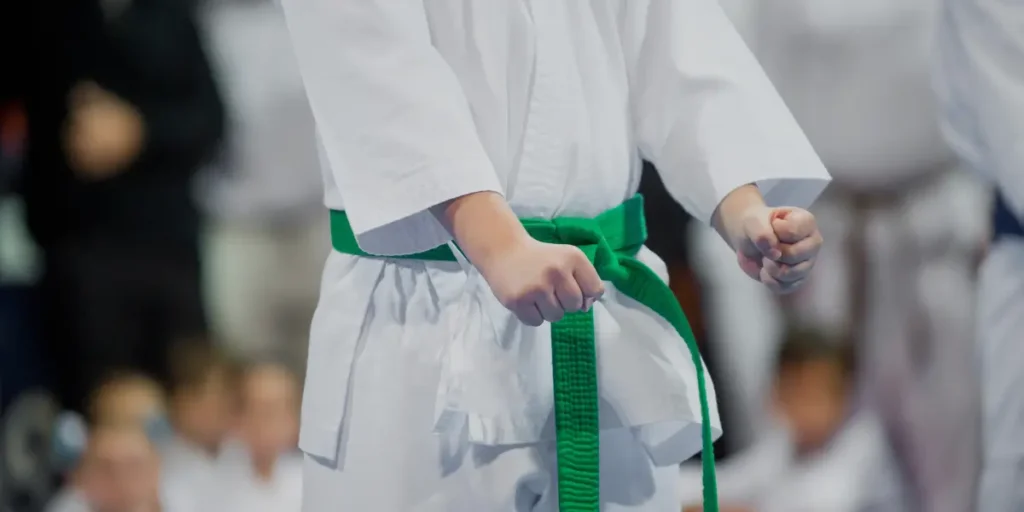
If you are confused about “OSS” and “OSU” then you are not alone!
Many karateka write OSS with a double S and some write it with U. Which one is correct?
Both of these are correct!
When you write OSS, it is more towards the Western writing style, and OSU is more Japanese style of writing.
Both of these words mean the same.
Now that you have some idea about what “OSS” is, Let us talk about the most confusing thing! How to use it in a Dojo?
Oss can be used in many ways, It can mean Yes, It can mean “I will do it” or It can mean “ I will Try”.
When I practiced Karate, we used to greet each other by saying Osu!
Let me give you some idea about when to use it and when not to use it!
When to Use “OSS”
You can use Oss/Osu in the following events:
- To Greet Sensi or fellow students.
- Acknowledge instructions or corrections. If your Sensi gives you an instruction, Saying Oss/Osu to this means you understand it.
- To cheer or support fellow students during sparring or training sessions.
- To answer the yes/no question, If your response is yes, then you can say Oss/Osu
When Not to Use “OSS”
Karateka, Especially newbies, are Initially drawn towards the use of Japanese words and they try to use it where it is not needed!
Here are some suggestions where you should not use Oss:
- In a social gathering or in school/ College where there are no karatekas around.
- Do not use it when your dojo is having a ceremonial gathering. It might sound disrespectful.
- Do not use it to answer negatively to a Yes/No question. Because Oss is a positive word.
Final Thoughts
In Karate, “OSS” or “OSU” is an integral part of a Dojo culture and karate etiquette.
Being said regularly, Many karatekas, especially beginners fail to understand the true meaning of this word and its deep connection with karate philosophy.
Now that you understand the meaning of “OSS” in Karate and its proper usage, you’re better equipped to integrate this important term into your training with respect and tradition.
Remember, knowing when and how to say “OSS” can deepen your connection to the art and culture of Karate.
You Might Also Like






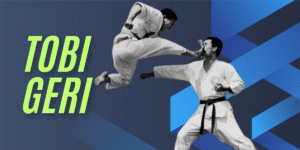
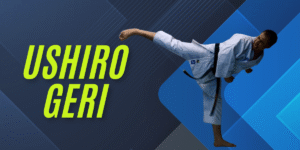

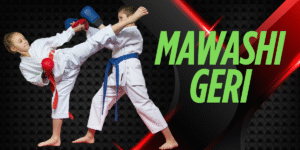
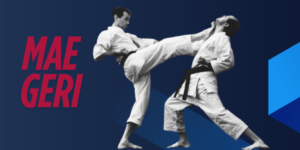
Pingback: Karate Kicks Demystified: Learn the Techniques, Names, and More!